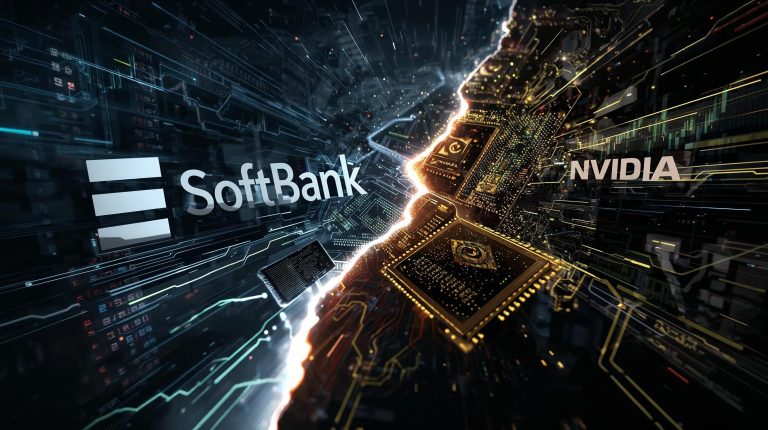
The story making headlines this week began with an accusation that sounds almost cinematic: China’s cybersecurity watchdog claims the United States stole $13.2 billion in Bitcoin from Chinese accounts five years ago.
For readers who want to understand the real impact, Atlaxion breaks down these Chinese cybersecurity allegations and what they mean for the direction of global technology and trust.
How China’s Accusation Put Digital Power in the Spotlight
The Chinese government’s report was released at a tense moment in global tech relations. It claims U.S. intelligence agencies used advanced hacking tools to breach crypto wallets belonging to Chinese citizens and organizations in 2019, moving nearly 193,000 Bitcoins.
This isn’t just about missing money. The allegation could change the way countries think about cybersecurity and digital sovereignty.
This announcement arrived as regulators worldwide debate how to defend digital assets and keep cross-border data safe. It is about more than Bitcoin. It’s about trust between nations in the age of cryptocurrency.
What Does a Bitcoin Heist Look Like? Making It Simple
Bitcoin wallets are protected by private keys, kind of like a combination lock on a digital safe. Stealing that many Bitcoins isn’t as simple as swiping a password.
Hackers would need to crack the cryptographic keys or find flaws in the wallet software. China’s report said the attackers used elite cyber tools, similar to those used in major espionage cases.
Tracking who did the hacking is complicated because criminals, governments, and hired groups often use the same technology and hide their tracks.
This level of attack is possible only with deep technical skill and resources, making state involvement more likely — but far from certain.
Why These Allegations Matter Right Now
Bitcoin prices are at record highs, and more people hold digital assets than ever before. China has banned most crypto-driven activities but still watches global transactions closely to protect its interests.
The United States has called out China for past hacking campaigns. Now China is switching the focus.
If their allegation sticks, it could shake how countries see each other’s tech industries. If not, it reveals how powerful accusations have become in shaping international tech rivalry.
Both sides now use technology as a tool for global influence, and trust is more fragile than ever.
The Bigger Picture: Economic and Social Risks
For companies and investors whose work relies on blockchain, this accusation is worrying. It reminds everyone that technical security is vital, but political risks are real.
Digital assets feel safe until global forces move against them. If governments publicly accuse each other of billion-dollar crypto thefts, everyday users could lose confidence in the fairness and stability of the digital economy.
No matter what’s true, these claims increase anxiety about who controls digital money and how international law can respond.
The Key Takeaway: Looking Ahead
The Chinese cybersecurity allegations show just how connected global power has become to cryptocurrency and code.
Whether or not the reported theft is ever proven, the risks of digital assets are now both technical and political.
That means users and nations will have to build stronger systems—for both trust and accountability—as technology shapes how people do business, save, and interact across the world.














